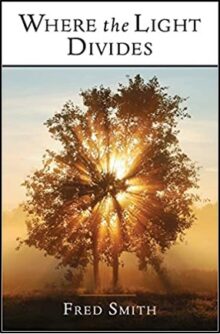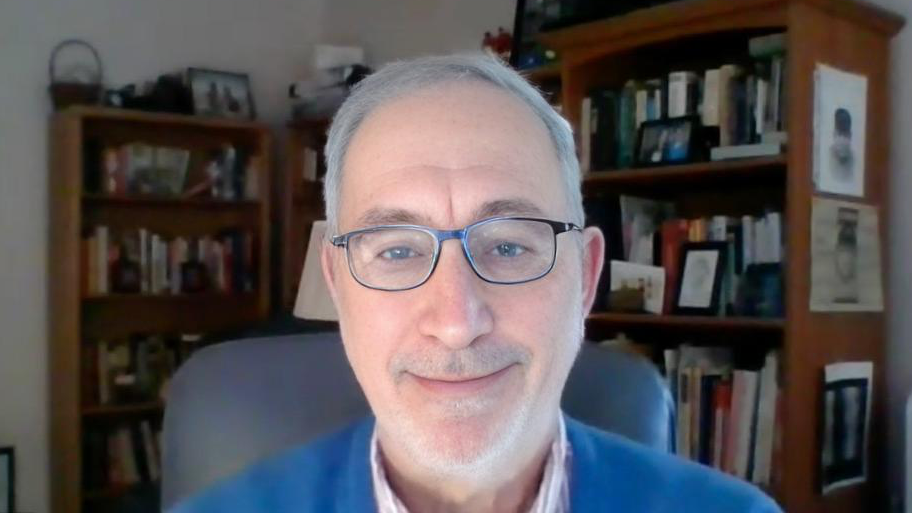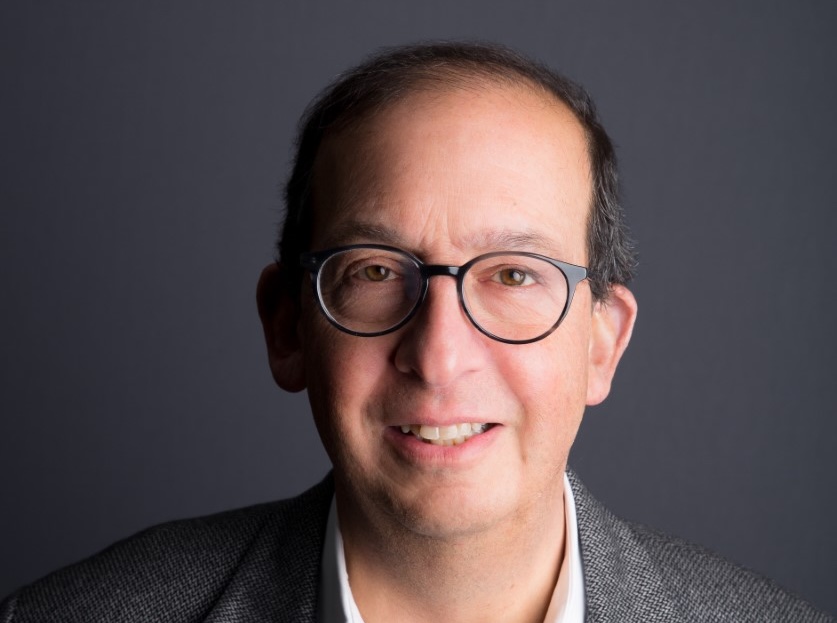The Christian philanthropist, author, blogger, and Sunday-school teacher talks to Michael E. Hartmann and Daniel P. Schmidt about the state of public discourse in America today, religion and philanthropy, friendship, and C. S. Lewis.
Fred Smith and some others wanted to get to know and learn from each other—to share friendship and their common interest in Christian philanthropy, and to nurture and improve both. The five first met over dinner in 1985, and thus began The Gathering.
The Gathering has since grown into an annual conference featuring hundreds of evangelical Christian attendees every September, to discuss the animating ideas underlying and the everyday practicalities of their giving, and everything in between. Smith retired as its president at the end of 2018, and its president is now Josh Kwan.
In retirement, the personable and approachable Smith continues to work hard on, as he has throughout his life and career, building friendship and trust with others, on learning by intensely listening—and, thankfully for all of us, on teaching, by word and deed.
Smith also founded Fourth Partner, a local foundation focused on philanthropy and community development in Tyler, Tex. With Bob Buford, he founded the Leadership Network, as well—and of which he was president, as well, for 12 years.
Smith previously was a teacher and administrator at Charlotte Christian School in North Carolina and The Stony Brook School in New York. He says his true vocation is that of a Sunday-school teacher, the role in his life for which he would most like to be remembered.
He is the author of Where the Light Divides—a collection of essays on the life of faith from which we have benefited, and on which we rely for continuing insight—and his blog at The Gathering website is always worth the read, too.
Smith was kind enough to speak with us last week. The first of two parts of our discussion, in which we talk about The Gathering’s beginnings and learning in the context of a relationship, is here. The just more than 12-minute video below is from the second part, during which we discuss the state of public discourse in America today, religion and philanthropy, friendship, and C. S. Lewis.
In contemporary public discourse, “people are actually being rewarded for having dogfights and that’s unfortunate,” Smith tells us. “So I think there’s even more of a need for these places” like The Gathering “where people can come and learn from each other, but everything seems to be working against it.”
On religion and philanthropy, “I think you could almost prove that philanthropy comes out of religion,” according to Smith. “If you look at the formation of the institutions that were created to do philanthropy—I mean, the early hospitals, universities—so much has come out of our religious roots.
“The word philos, from which philanthropy comes, is a Greek word and it means two people who have something in common. It doesn’t mean the love of a person,” he continues. “It means having something in common that you both love. One of my concerns about large philanthropy is it’s almost impossible for large things to feel like they have something in common with the people that they’re working with …. [O]ne of the advantages of religious philanthropy” is the better possibility of finding that commonality.
And after explaining a quote in Smith’s Where the Light Divides of C. S. Lewis’ Screwtape Letters, Smith applies it to the current context. “[N]obody wants to appear to be excellent. Nobody wants to appear to be better than anybody else,” Smith says.
It’s not just a matter of saying, I’m as good as anybody, it’s a matter of saying, I’m going to make sure that I don’t even appear to be better than anybody …. I think that’s somewhat the situation we’re in. People are almost afraid of appearing to be excellent. Their desire is to be average.



